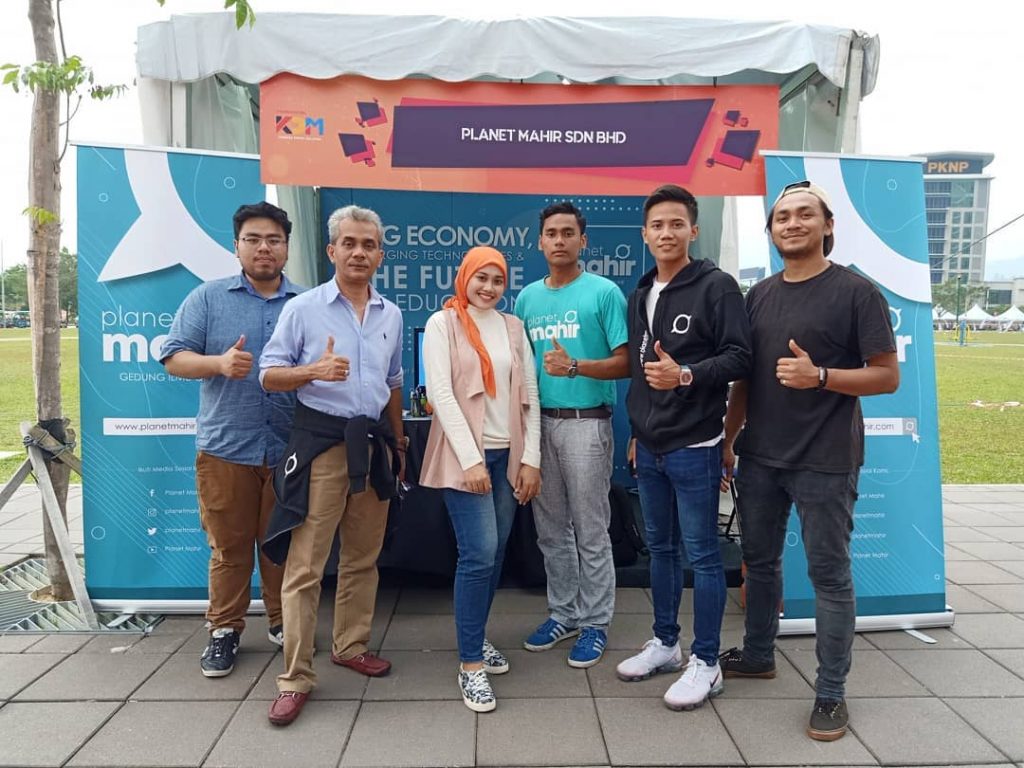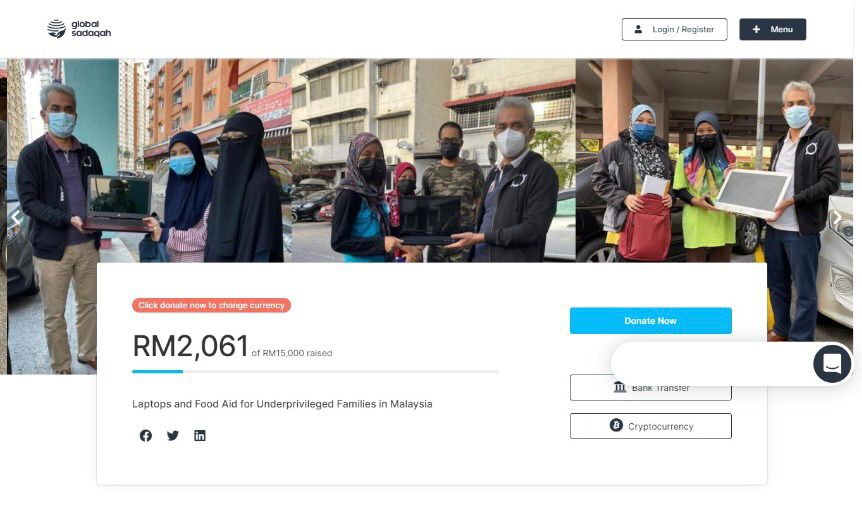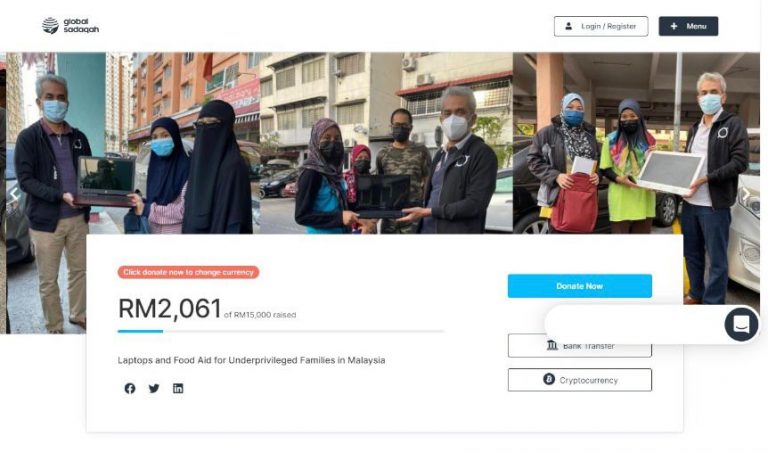Original Article by Kiran Kaur Sidhu/Digital News Asia
“ANCORA imparo” is Italian for “I am still learning” – a phrase credited to the renowned Renaissance artist, Michelangelo. The mind’s pursuit of knowledge is constant and continuous. Truly, learning never stops and by no means does it have to happen in a formal, academic environment.
The shift from grand old libraries to easy information access on the internet has brought with it endless opportunities for learning from search engines, to how-to videos and online course platforms like Udemy and Coursera. But while mainstream English-medium content is available far and wide on the world wide web, the same does not hold true for localised Malay-language based online education.
This is exactly the gap the founders of Planet Mahir Sdn Bhd are passionate about addressing through their eponymous online learning platform. Founded by the chief executive officer, Dr Ahmad Ramzi Mohamad Zubir, and the director of smart partnerships, Mohd Haidar, the idea of starting Planet Mahir began during a casual mamak networking session. Ahmad Ramzi is a former political secretary who left his career to pursue his passion for business. As an experienced entrepreneur, he acts as Haidar’s mentor and partner at Planet Mahir.
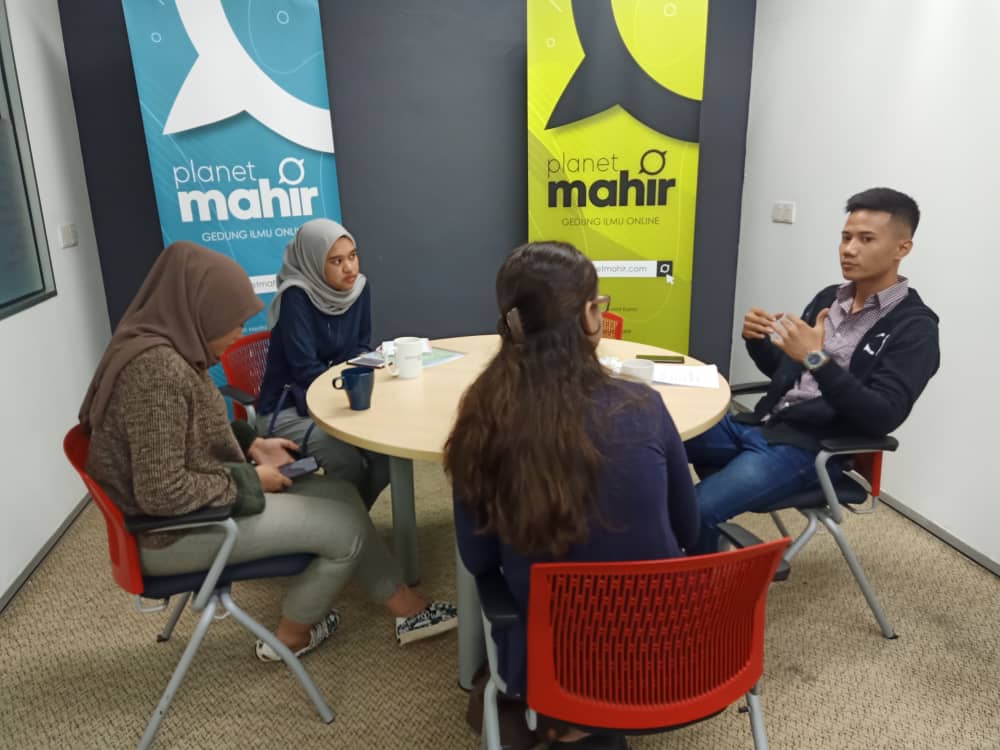
“We drafted a concept like Udemy on a piece of paper and then researched international markets such as the Nusantara region and USA,” shared Haidar. With this starting point as the impetus, the team was set up to build a feasible business model and craft its “niche” with a product suited culturally to the population of the vast Malay archipelago.
Crafting a Nusantara solution
While other more seasoned online education companies have attempted to penetrate the Indonesian market, Haidar believes the hurdle they stumble at is the “unique culture” of the country.
Planet Mahir is set to do things differently by focusing on localisation. Citing a survey by the EF English Proficiency Index where Malaysia ranked 22nd, Haidar explained that the higher level of English proficiency in urban areas is not representative of the entire population inclusive of those in rural Malaysia.
On top of language, Haidar took heed that many training providers organise courses in urban areas that require physical attendance and lead to additional cost for participants to bear. “We don’t want to burden those in non-urban areas by making them come down to Kuala Lumpur just to learn something.”
However, he acknowledges the challenge posed in terms of connectivity and raising awareness in introducing remote learning to the outskirts. “We have joined Kembara Digital Malaysia, a programme initiated by the Ministry of Communications and Multimedia.”
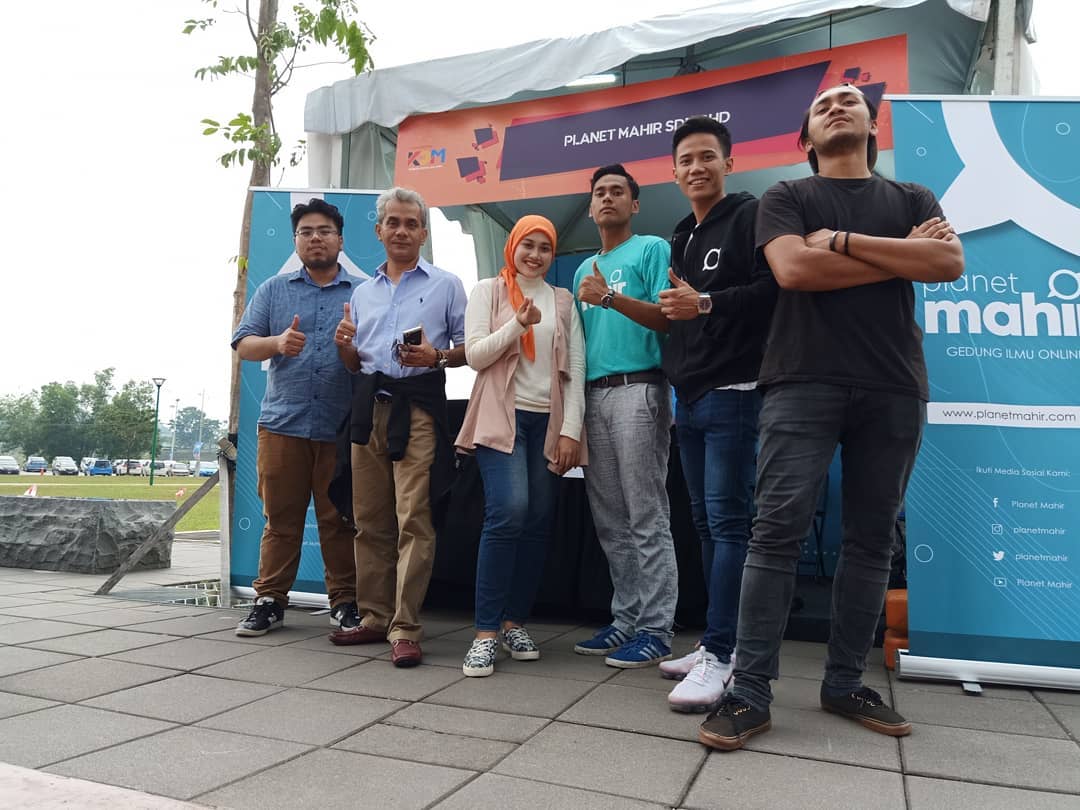
This aim of the programme, he explains, is to narrow the digital gap between people in rural and urban areas through better telecommunications and broadband infrastructure. “Other than that, we also have plans to create preferred sponsorship social programmes with corporates or GLCs and cooperate with local NGOs to reach our target group.”
Planet Mahir also is in talks to formally work and sign Memorandums of Understanding (MoUs) with Universiti Malaysia Pahang and Universiti Teknologi Mara before its official launch in November 2019. “We aim to create bilateral relations in research and development for digital education, create awareness, identify and highlight potential local talents from lecturers or students, and to organise training, programmes and events,” said Haidar.
Courses and features on Planet Mahir
The courses on Planet Mahir target those within the 16 to 35 age group and are spread across three main areas – soft skills; technical and vocational skills; and entrepreneurship. Browsing through the platform, it presents mini-courses on topics ranging from women’s self defense, social media storytelling and even the legal process of divorce.
According to Haidar, Planet Mahir has a set presentation criteria for all its content which differs from the conventional classroom learning which does not focus on “instructive or directive learning”. Instructors on the platform adhere to the platform’s criteria of “compact but impactful” learning.
Each of the courses featured are broken down into individual modules with an average of five minutes in video length. Alluding to the short attention span of its target demographic, Haidar believes online learning content should be short and sweet to be most effective.
But Planet Mahir certainly faces competition considering the breadth of content available on the internet, free and otherwise. On whether the platform will consider taking readily available content and translating it for its Malay audience, Haidar’s response was a candid no.
“The method of delivery and approach [of other content] differs. In Malaysia, a more layman style is preferred. Our goal is to deliver edutainment,” he explained.
In fact, Planet Mahir takes quality control and house style seriously, from ensuring content is bite-sized to setting video resolution specifications. Planet Mahir also acts as a “production house” in providing the studio and video crew for instructors.
For now, all instructors on Planet Mahir are selected via its internal network of contacts to ensure credible content. “We choose and reach out to those that have commercial value, are highly-recognised and have experience,” he said, adding that the platform will soon accept instructors outside its network but will still monitor quality closely.
Planet Mahir went live in April 2019 although its official launch is due in November 2019. “We are upgrading and improving our platform phase by phase to include additional features. Our courses can be accessed but some features have not been introduced.”
Among the features Planet Mahir is excited to roll out by November are platform messaging for trainees to communicate with instructors, cloud storage to allow for attachment uploads and livestreaming.
To date, the platform has over 2,000 users of which 20% are paying users. With the upcoming launch, Haidar is hopeful to gain more traction especially with the newly introduced features. As for the next phase of development and future plans, Planet Mahir hopes to weave into its content gamification and augmented reality (AR) features to make learning more engaging. -DigitalNewsAsia

